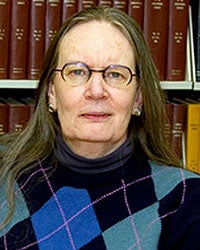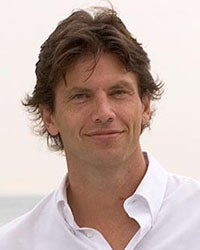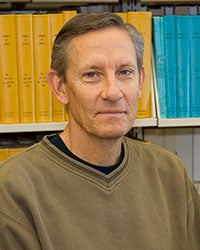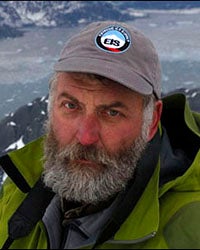IPCC Report Teleconference - September 27, 2013 - Working Group I
The Physical Science of Climate Change
Sep 27, 2013 - by Staff
Sep 27, 2013 - by Staff
The Intergovernmental Panel on Climate Change (IPCC) released the first major segment of its new assessment report in Stockholm on Friday, September 27. Four U.S. scientists who helped write and edit the assessment took part in a teleconference for the media that day. Presented by the National Center for Atmospheric Research (NCAR) in conjunction with participating research universities, the teleconference took place at 12:00 noon Eastern Time (9:00 a.m. Pacific) and was in adddition to a press conference in Stockholm, organized by the IPCC earlier in the day.
The Working Group I section of the IPCC's Fifth Assessment Report (AR5) deals with the physical science of climate change. The WG1 Summary for Policymakers was released on September 27, while the final draft of the full WG1 report is slated to be available on September 30.
Summaries and reports for WG2 on impacts, adaptation, and vulnerability, and for WG3 on mitigation of climate change will follow later in 2014 (see IPCC timetable).
Play or Download : MP3 format : IPCC WG1 2013 Teleconference - mp3
Play or Download : QuickTime format: IPCC WG1 2013 Teleconference - mov
 |
Linda Mearns, NCAR Senior Scientist Mearns is an expert in regional climate change and its impacts. Her specialties include the effects of global warming on agriculture, global warming and health, variability and uncertainty in climate change research, and related topics. She is also a lead author on the forthcoming report of Working Group II, which will be released in March 2014. Mearns is director of the Weather and Climate Impacts Assessment Science Program and a section head in NCAR’s Institute for Mathematics Applied to Geosciences. |
 |
Brian Soden, University of Miami Professor Soden specializes in the use of satellite observations to test and improve computer model simulations of climate change. His research aims to better understand how natural and human activities alter the Earth's climate and to improve predictions about the changes to expect over the next century. One recent focus is changes in the water cycle and extreme weather events and their impacts on society. Soden is a professor of meteorology and physical oceanography at the University of Miami's Rosenstiel School for Marine and Atmospheric Science. |
 |
Gerald Meehl, NCAR Senior Scientist Meehl uses computer models and atmospheric observations to examine both present and future climate change. He is an expert on the likely effects of global warming on extreme weather events, such as droughts, floods, and heat waves. He also studies naturally-occurring climate processes that produce year-to-year and decade-to-decade variability and examines the resulting interactions with the warming due to increasing greenhouse gases. Meehl is a senior scientist in the Climate and Global Dynamics Division of the NCAR Earth System Laboratory. |
 |
Tad Pfeffer, University of Colorado Professor Pfeffer's specialties include glaciology, sea level rise, fluid mechanics, computer modeling, and related techniques. His research includes the mechanics and dynamics of glaciers and heat and mass transfer in snow. He uses photography and photographic measurement techniques to both describe and analyze changes in glaciers across Greenland, Antarctica, North America, Europe. Pfeffer is a glaciologist in the Institute of Arctic and Alpine Research and professor of civil, environmental, and architectural engineering at the University of Colorado Boulder. |